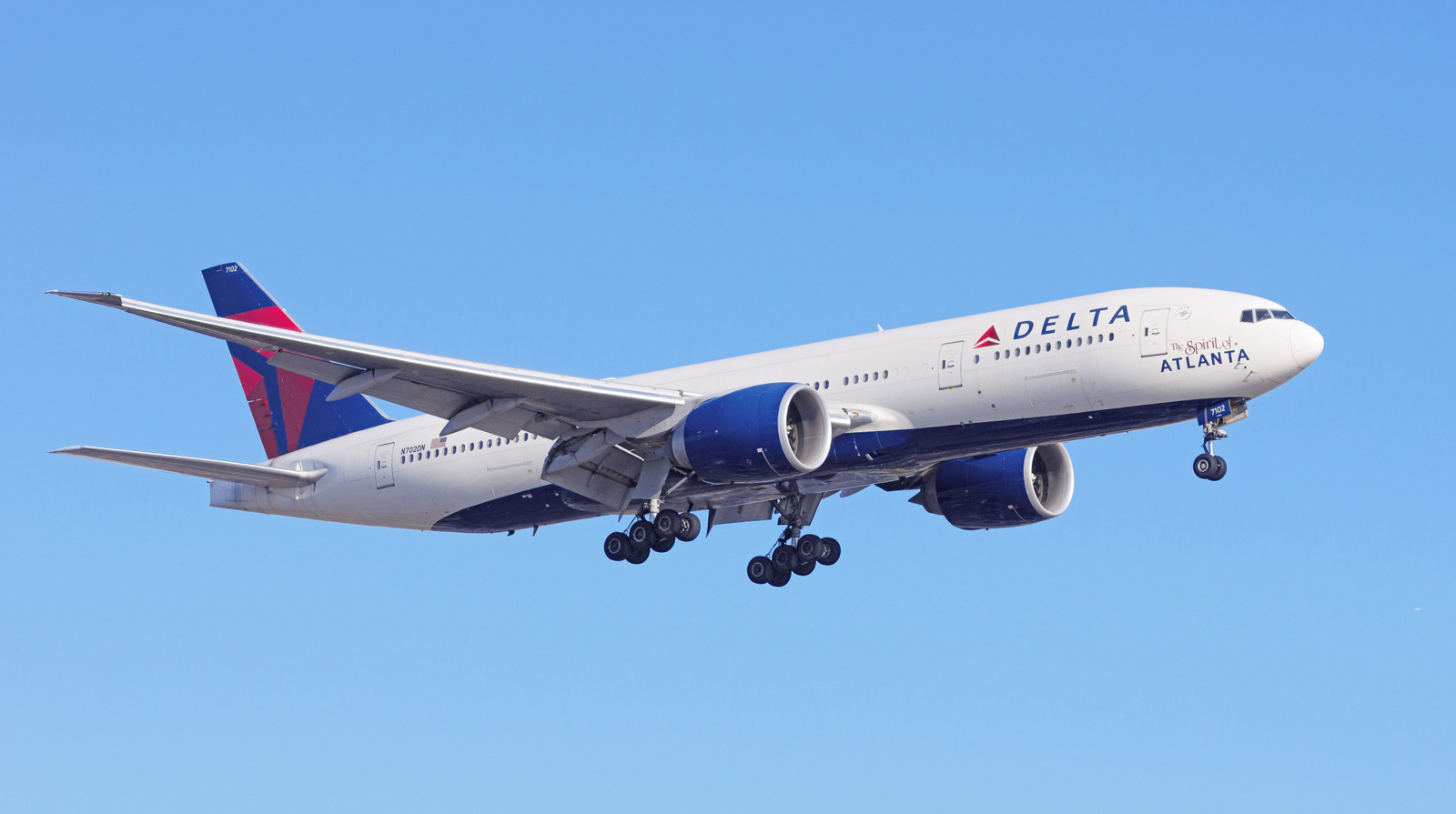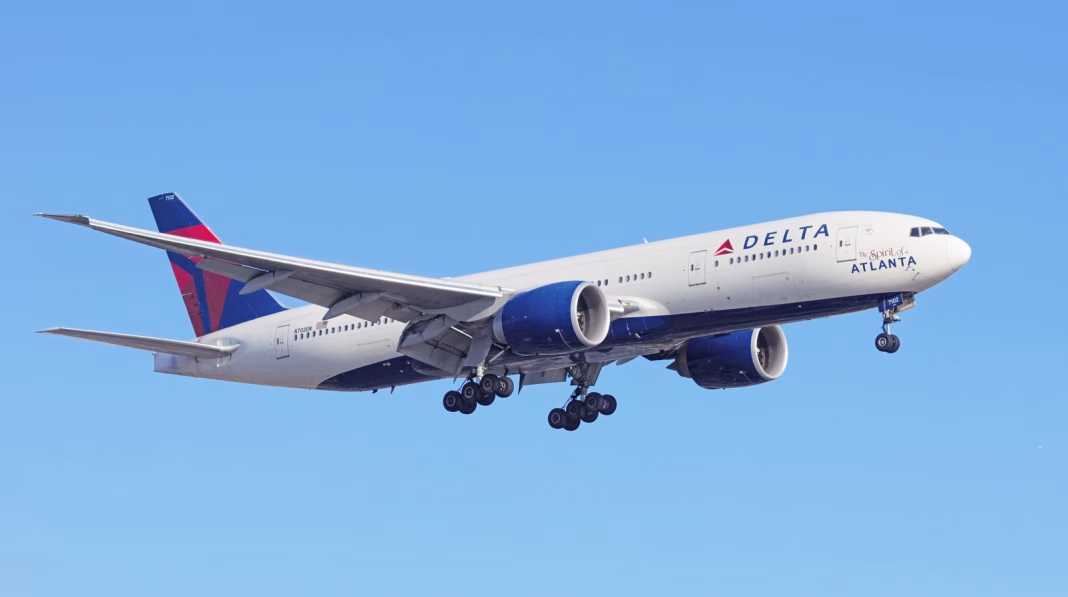Why Did Delta Dump Fuel Over Los Angeles in the First Place?
If you’ve ever wondered why an airline would intentionally dump fuel mid-flight, you’re not alone. The incident involving Delta over Los Angeles raised plenty of eyebrows—and for good reason. In January 2020, a Delta Air Lines Boeing 777 was forced to return to Los Angeles International Airport shortly after takeoff due to an engine issue. Faced with the need for an emergency landing, the pilots made the decision to dump fuel to reduce the aircraft’s weight. This is standard procedure in aviation safety, as landing a fully loaded plane can be risky for both passengers and the aircraft itself.
But here’s where things got complicated: the fuel was released at a lower altitude than usual, and it ended up raining down on several schools and neighborhoods. Dozens of children and adults were treated for minor skin and eye irritation. The event quickly became a headline, sparking questions about airline protocols and environmental responsibility.
What Did the FAA Decide About the Pilots’ Actions?
After a thorough investigation, the Federal Aviation Administration (FAA) cleared the Delta pilots of any wrongdoing. According to the FAA, the crew followed established safety procedures given the circumstances. Emergency situations often require split-second decisions, and in this case, the pilots prioritized getting everyone on the ground safely.
Delta’s official position echoes this outcome. The airline stated that it agreed to settle the resulting legal claims not because of any admission of fault, but to avoid the uncertainty, distraction, and cost of drawn-out litigation. This is a common approach in high-profile incidents, especially when public attention is intense and the facts are complex.
How Much Did Delta Agree to Pay, and Who Benefits?
Delta agreed to pay $78.7 million to resolve claims related to the fuel dump. The settlement covers a wide range of impacts, from medical expenses for those affected to environmental cleanup and community support. While the sum might sound staggering, it reflects the scale of the incident and the number of people involved.
This kind of settlement isn’t just about money—it’s about restoring trust. Airlines operate in a world where public perception matters, and swift, decisive action can help repair relationships with both customers and the broader community. In this case, Delta’s willingness to settle may help set a precedent for how similar incidents are handled in the future.
What Are the Environmental and Health Impacts of Jet Fuel Dumps?
Jet fuel isn’t something you want raining down on your neighborhood. While most fuel dumps are designed to occur at high altitudes, where the fuel vaporizes before reaching the ground, this incident was different. The lower altitude meant that fuel droplets made contact with people, buildings, and playgrounds.
Short-term health effects reported included skin and eye irritation, headaches, and nausea. According to the Los Angeles County Department of Public Health, no long-term health consequences were expected, but the event understandably rattled nerves. Environmental experts also weighed in, noting that while jet fuel can break down relatively quickly in the atmosphere, concentrated exposure at ground level can harm plants, soil, and water sources.
How Do Airlines Usually Handle Emergency Fuel Dumps?
Fuel dumping is rare, but when it happens, pilots follow strict protocols. The goal is to minimize risk to people and the environment. Ideally, fuel is released at high altitude over unpopulated areas, giving it time to disperse and evaporate before reaching the ground. In emergencies, though, pilots may have to act quickly, sometimes sacrificing ideal conditions for immediate safety.
The Delta incident has prompted renewed calls for better training, improved communication between pilots and air traffic controllers, and updated procedures to further reduce the risk of ground exposure. The FAA and other regulators are reviewing guidelines to ensure that lessons learned translate into safer skies for everyone.
What Can Communities Do to Protect Themselves in the Future?
Community leaders and advocacy groups have pushed for more transparency from airlines and regulators. Some have suggested real-time alerts for neighborhoods when a fuel dump is imminent, allowing schools and residents to take precautions. Others are calling for stricter rules about where and when fuel can be released, especially near densely populated areas.
There’s also a growing movement for airlines to invest in newer aircraft with advanced safety features, reducing the likelihood of emergency landings and fuel dumps in the first place. According to the International Air Transport Association, the industry’s accident rate has dropped significantly over the past decade, but incidents like this show there’s always room for improvement.
What’s the Big Takeaway for Travelers and Residents?
The big takeaway? Air safety isn’t about perfection—it’s about smarter adjustments. Delta’s settlement and the FAA’s findings highlight the importance of quick thinking, transparency, and community support when things go wrong. If you live near a major airport or travel frequently, know that while incidents like this are rare, they’re taken seriously at every level. Start with one change this week—maybe learning about your local airport’s emergency protocols—and you’ll likely spot the difference in how prepared you feel by month’s end.


